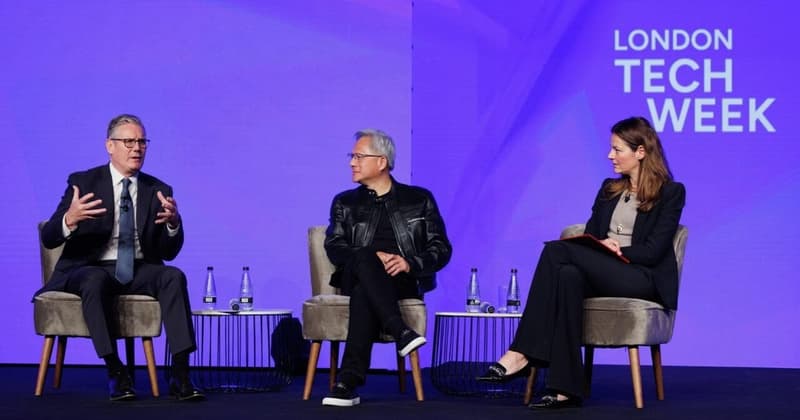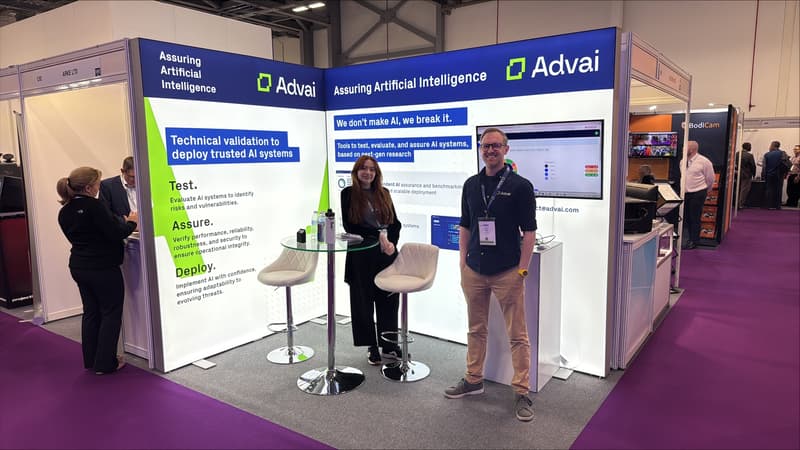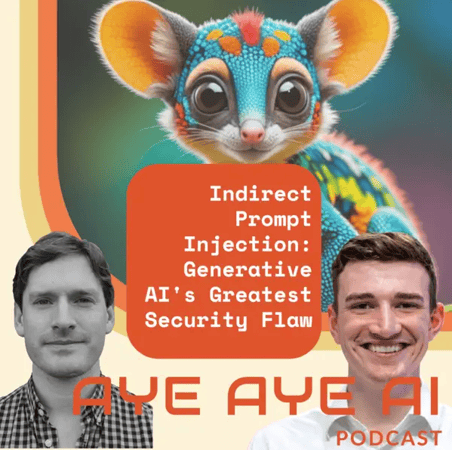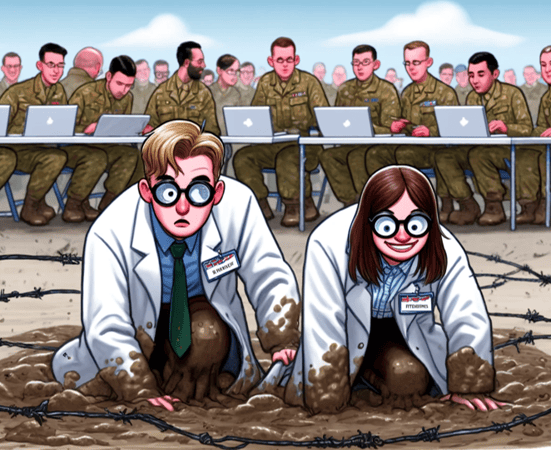HARDER THAN JEOPARDY

In 2011, just two days after Watson beat two human champions at Jeopardy!, IBM announced that their brilliant Artificial Intelligence (AI) would be turning its considerable brainpower towards transforming medicine. Stand aside, Sherlock: Dr. Watson is on the case.
Yet by 2018, the fanfare surrounding Watson had evaporated. While capable of analysing significant quantities of data, Watson’s NLP struggled to understand medical texts and make intuitive leaps based upon subtle clues in the way a human doctor would. It also could not mine patients’ medical records as planned, impacting the accuracy of time-dependent information like therapy timelines. Even relatively straightforward genomics applications in oncology were a struggle, with Watson producing either obvious or questionable recommendations. As a result, confidence in Watson was low: “The discomfort that I have—and that others have had with using it—has been the sense that you never know what you’re really going to get…and how much faith you can put in those results,” said Lukas Wartman of the McDonnell Genome Institute at the Washington University School of Medicine in St. Louis.










